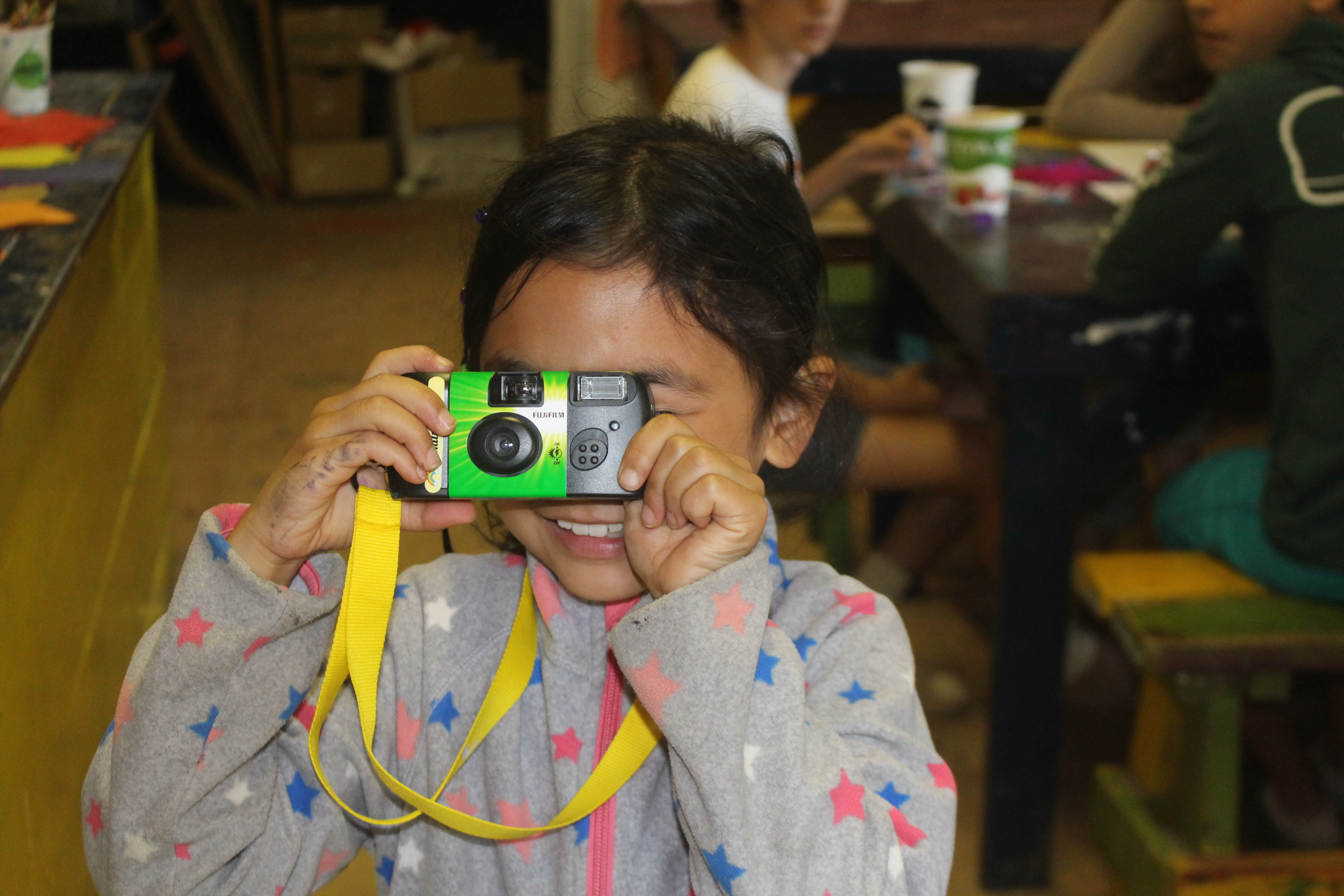- Figure Out What Your Child Needs to Know
Some parents think it will make their kids feel better to know everything possible about what camp will be like. And while knowing a bit goes a long way, too much info can be detrimental. If your kid has pictures of their cabin, knows everyone who’s going to be in it, and has memorized the camp schedule for the first three days, they’re set up to feel upset and mistrusting when it’s not quite like that. Ask your child to name the three most important things they need to know and find those out.
- Fill Out Forms Wisely
Give camp the right amount of info. If a counsellor gets a list of 17 things Sally might do when she’s upset, they won’t remember any of it. But “When Sally says she has a stomach ache it usually means she’s sad” might actually stick. Do NOT exclude information you are worried will stigmatize your child – the more camp knows about the challenges a kid has faced at home the better we can support them at camp.
- Learn How Camp Keeps Parents Informed
Find out when to expect updates from camp, and don’t stress about not hearing anything between then – no news is good news! As a Camp Director, I spend most of my time dealing with kids who are having challenges. If a parent calls camp every day looking for updates and their kid isn’t on my radar, I’m likely to just say “they’re fine” but if you email a week in asking if they’re wearing sunscreen I’ll find out and tell you.
- Normalize Nerves
Remind your child (and yourself) that anxiety about new things is totally normal and does not mean you’re not ready for camp. Talk about other things they have done that they were nervous about and ended up liking.
- Talk About the Worries
Like most challenging feelings, once brought into the light, anxiety tends to chill out. Ask your kids what their worries are. Listen, validate (“It makes sense that you are nervous about that”), and encourage them to talk more (“What else is on your mind?”). DON’T jump into problem-solving or reassuring mode – That will either cause them do defend their fears or sweep them under the rug. Instead, ask what ideas they have to deal with this.
- Prepare for the Hard Stuff
It’s important to be realistic with kids and not pretend everything is going to be great all the time at camp. Homesickness happens. You might encounter a kid who annoys you or get sent to an activity you don’t love. It will rain sometimes. You might lose your favourite stuffy. Talking about these things and planning how to cope prepares kids to deal with challenges. Don’t say “everything is going to be awesome, I promise!”. Instead say “I’m so proud of you for taking on this challenge… and I’m confident you can do it.”
- Practice Self-Advocacy
Most people who work at camps genuinely care about the well-being of kids. Where camps often go wrong is when kids hide issues. Preparing for camp is a great opportunity to develop kids’ self-advocacy skills. Get them to tell you what went well and what didn’t go well for them each day. If they tend to minimize illness and injury, encourage and validate when they tell you something is off. Talk about the importance of telling staff at camp, and get a commitment from them to do so (Remind them of this in letters.). Tell and show them that talking about feelings is brave and they won’t get in trouble for it.
- Let it Be
This is the hard one for us as parents: We have to step back and let kids create their own camp experience, whether it’s what we envision or not. If you grew up at a specific camp and loved sailing, you might be disappointed if they don’t like that camp, or prefer archery. The magic of camp is that kids get to be away from their parents, finding their independence, in a safe, supportive environment. It’s parents’ job to trust them to make their own choices (and mistakes) and be there to express faith, empathy, and pride, not judgment or expectations.

